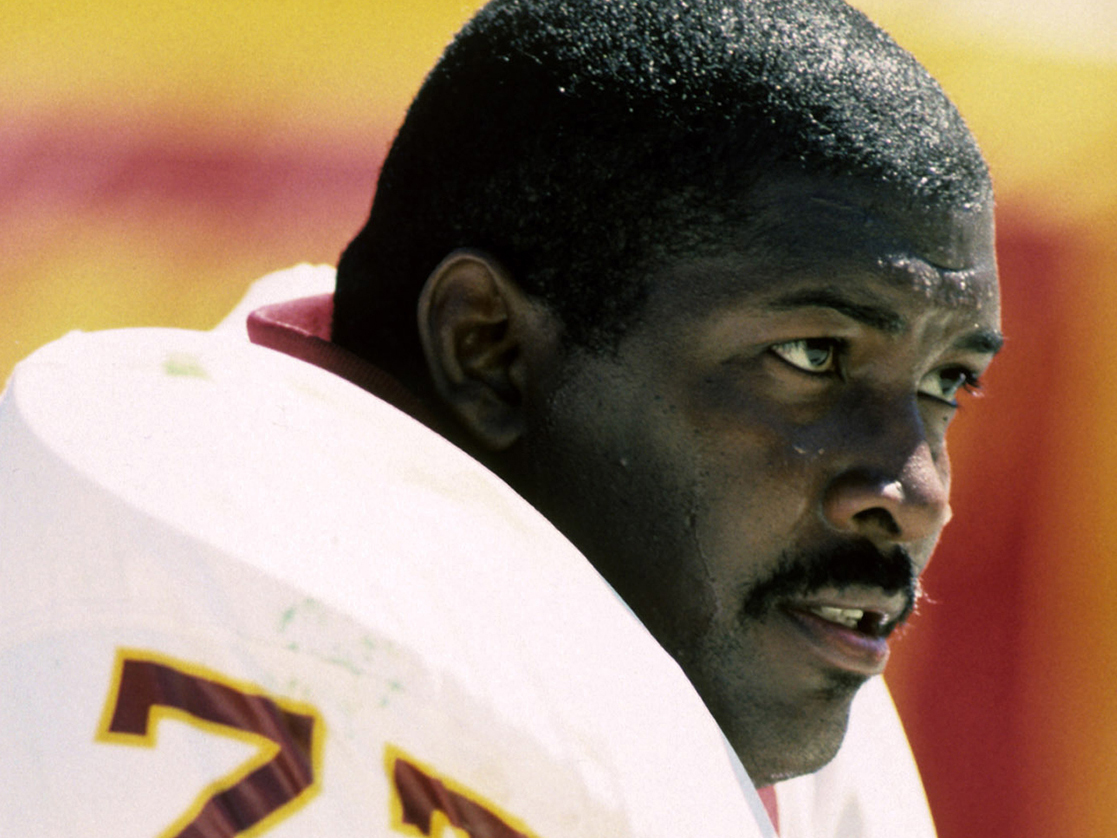It’s strange to realize that there are people among us who came in direct contact with Adolf Hitler. We know that Holocaust survivors are still around—albeit in sadly diminishing numbers—but it’s easy to forget that many non-Jewish Germans who lived under the Third Reich are also dispersed throughout the world, some in Washington. Those who were children then are now senior citizens—saddled with a legacy that, while not comparable to that of Holocaust victims, is burdensome: It is the silent complicity of their parents and grandparents coupled with the poisoned bedrock of their own childhood memories.
DC writer Irmgard A. Hunt is one of these now-grown children. Born in 1934, she lived her first 11 years literally in the shadow of Hitler: She grew up in the Bavarian village of Berchtesgaden, site of the Führer’s mountain retreat. She even once sat on his lap: “The strange man with the sharp, hypnotic eyes and dark mustache held me stiffly, not at all like my father would have, and I wanted to cry and run away. But my parents were waving at me to sit still and smile. Adolf Hitler, the great man they so admired, had singled me out, and in their eyes I was a star. As the crowd applauded, I saw my grandfather turn away and strike the air angrily with his cane.”
That grandfather loathed the Nazis and the adulation they trained into even the youngest Germans. Her parents cultivated a selective respect for the regime: “My family . . . did not ever own or fly a swastika flag. I took this to mean that my parents’ Nazism was a mixed bag of enthusiasm and avoidance when possible of the most inconvenient and absurd decrees and customs . . . .”
On the other hand: “Shortly after my third birthday, in the early summer of 1937, my father taught me to stand up straight and raise my right arm in the ‘Heil Hitler’ greeting. We stood in front of the Führer’s portrait, a small, red wax relief in an antiqued gold frame cast by my father’s friend Schego as a wedding present.”
Four years later, Hunt’s father—by then an army soldier—was killed in France. For the remainder of the war, her mother raised Irmgard and her sister alone. These years saw some of the most chilling moments of the author’s childhood:
A neighbor’s retarded child was “picked up” by the health service and later reported dead from a cold—an unacknowledged victim of Hitler’s euthanasia program. On an extended visit to the town where her anti-Hitler grandfather lived, Hunt was tempted by a teacher to betray him, but she resisted: “Although I did not know it that day, Fräulein Hofmann was a Nazi informer, and my telling the truth would have sent Grossvati [Grandpa] to a concentration camp.” One Christmas, the author and her sister received two dolls from the wife of Hitler crony Hermann Göring: “It was a peculiar bribe . . . . Given the lowly rank my father held in the army and that Ingrid and I were so young, there was no need for any extra effort to capture our loyalty; as children we were automatically indoctrinated day after day.”
In one of the most haunting scenes, Hunt recalls playing with a Dutch girl with a mysterious past who has moved to Berchtesgaden: “She agreed to be the dog and fetch wooden sticks for me and to sit in the woods until I called her. I walked far away from her, and she obediently stayed crouched under a tree, surely frightened by this to-her-unknown deep and mossy mountain forest. I felt the thrill of my dominance and later felt guilt whenever I thought of the game.”
In the final days of the Third Reich, Hunt’s widowed mother miscarried an out-of-wedlock child, presumably fathered by a local man who then disappeared; she later remarried another and had a third daughter. Irmgard and the rest of the town picked through the rubble of Hitler’s “Eagle’s Nest” as American forces occupied the town. She rediscovered her Lutheranism—like so many other faiths, effectively banned by Hitler—and witnessed the postwar denazification process.
“What would I have done if Germany had won the war?” Hunt remembers wondering as a teenager. “Would I have gone to an Adolf Hitler school and become a Nazi leader, a torturer like Ilse Koch, the notorious wife of the commandant of Buchenwald? Such questions obsessed me. I dared not answer them; I truly did not know.”
Even today, Hunt—who has lived in the United States for nearly 50 years, working for environmental groups and raising two American-born children—can’t say what might have been. But in this gripping and beautifully written memoir, she provides a clear-eyed and honestly self-critical accounting of what was.
Author:
Irmgard A. Hunt
Publisher:
William Morrow
Price:
$25.95


















